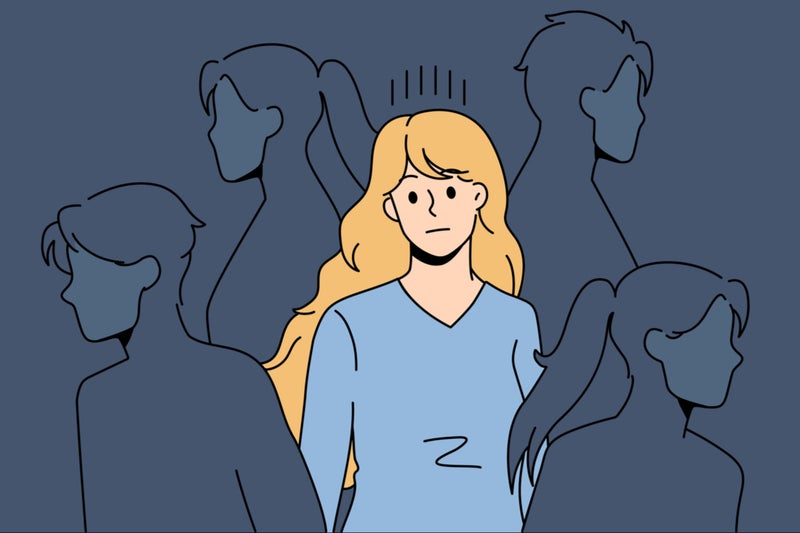Is your child lonely? Here’s how to help
Is your child lonely? Here’s how to help
Share:
Loneliness is usually associated with the elderly – but it’s a huge concern for many children too. He adds: “At Childline, we’ve seen that feelings of loneliness continue to have a big impact on children. Whether it’s adjusting to a new school, dealing with friendship struggles, or feeling left out when they see others having fun online, loneliness can have a lasting impact on a young person’s mental health and self-esteem.
“No child should have to cope alone, and Childline is always here to listen and support them whenever they need us with any issue.”. “Loneliness in children is often misunderstood,” she points out. “It’s not just about being on their own or physically isolated – it’s a deep sense of emotional disconnection, a feeling that they don’t belong or aren’t being valued.”. But there are ways to tackle loneliness – here are Friel and Eaton’s suggestions for how parents can help children feel less lonely….
1. Communicate openly. Friel says parents should encourage children to talk about their feelings and listen without judgement, and explains: “For many children, these feelings can be overwhelming, making them withdraw from social situations and, in turn, struggle to reach out for support. That’s why it’s so important for parents and carers to create an environment where children feel safe to talk about their emotions.
“This means listening without judgment and validating their feelings.”. 2. Discover what’s causing the problem. Try to find out why they might be feeling lonely, and validate their emotions. Eaton points out: “When children feel that no-one really ‘gets’ them, this can be described as emotional loneliness. Even with people around them, they might feel isolated because they lack a close bond with someone they trust – be it a parent, a sibling, or a best friend.”.
And Friel says that as there are many reasons why a child may be lonely, “It’s important to gently explore what might be making a child feel this way. Whether they’re struggling to make friends, feeling excluded, or going through a big change, validating their emotions and understanding the root cause can help you support them in the right way.”. 3. Encourage socialising. Obviously, helping children find opportunities to connect with peers is a good way to help them feel less lonely. “Connecting with others through joining a club, starting a new hobby or simply spending more quality time together as a family, can often help with loneliness,” says Friel.
4. Help them build confidence. “Loneliness can often make children doubt themselves,” he says, “but reminding them of their strengths and celebrating their achievements can help rebuild their confidence.”. And Eaton explains that building their confidence may help lessen any feelings they have of being left out. She says: “When children feel left out, excluded, or unable to connect with their peers, this is more of a social loneliness. It’s the sense of standing on the sidelines while everyone else seems to belong.”.
5. Build a supportive environment. Loneliness can’t just be resolved with one conversation, so it’s important to create an environment of openness where a child can talk to you about their feelings and any struggles they may be facing, says Friel. “Loneliness isn’t something that disappears overnight, which is why creating an ongoing atmosphere of support is so important,” he explains. “Regular check-ins, showing interest in their feelings, and letting them know they’re never alone can help children feel valued and connected.”.
And Eaton stresses: “We should never underestimate the impact that loneliness can have on a child’s wellbeing. When children feel disconnected, it can lower their self-esteem and leave them more vulnerable to anxiety, sadness, or even depression. “Ultimately, children need to feel they matter, that they’re loved, and that they belong. By addressing loneliness early on, we can give them the emotional first-aid they need to grow into confident, happy individuals who feel connected to the world around them.”.






















